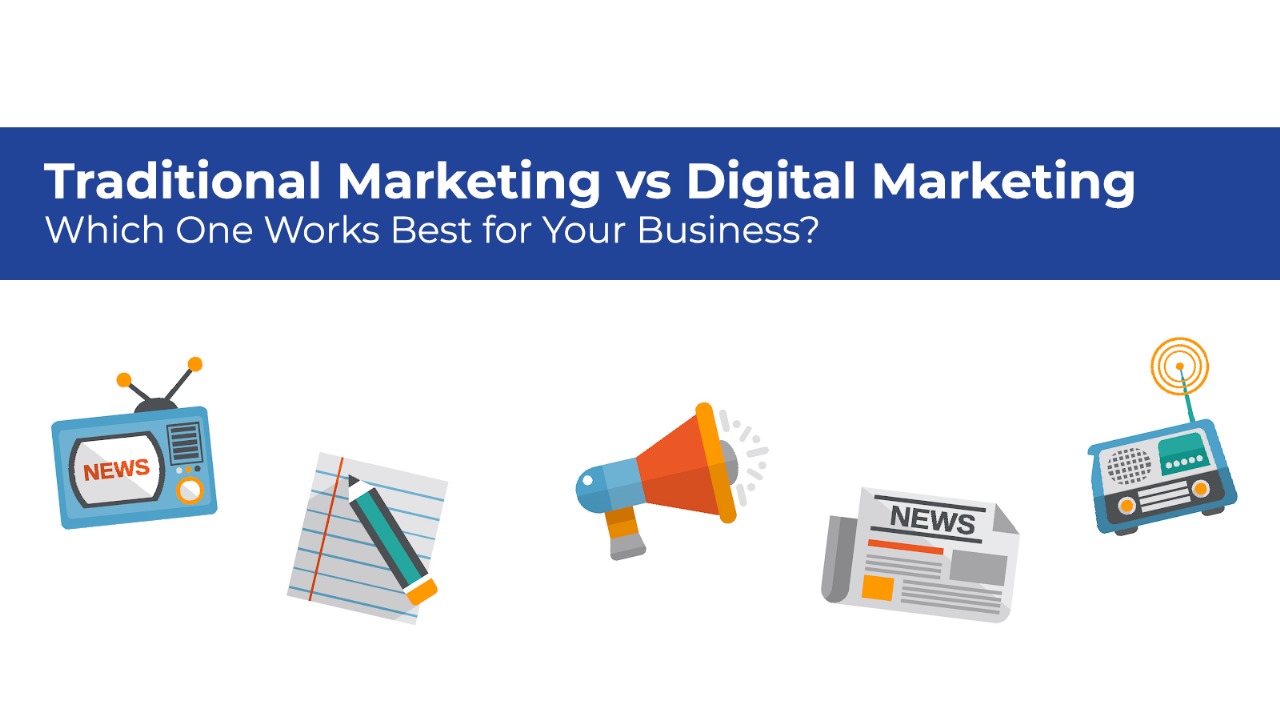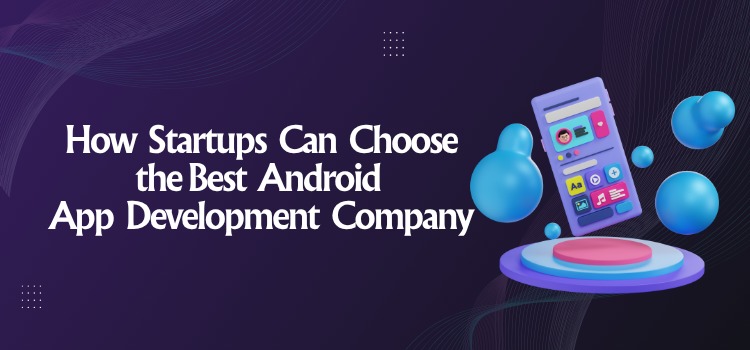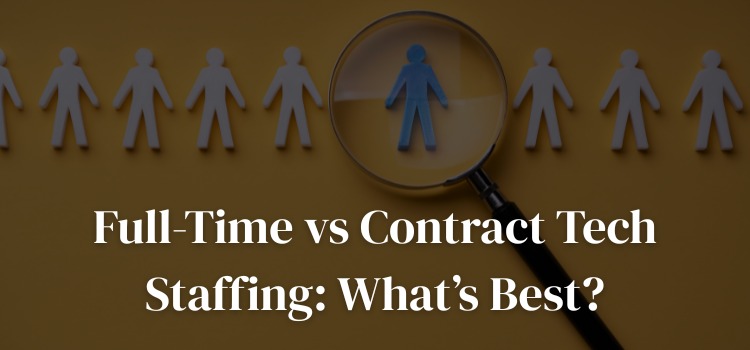
- In the ever-evolving landscape of marketing, businesses face a critical decision: should they stick with traditional marketing methods that have been tried and tested for decades, or should they pivot to digital marketing. which has been on the rise in recent years?
- This blog post aims to explore the key differences between traditional marketing and digital marketing, and help you determine which approach is the right fit for your business.
Traditional Marketing
- Traditional marketing encompasses the age-old techniques that were in use long before the internet era. It includes print media (newspapers, magazines, brochures), radio and TV advertisements, billboards, direct mail, and events and sponsorships. Here are some of the strengths and limitations of traditional marketing
Strengths of Traditional Marketing
- Tangibility: Print materials and physical advertisements provide a tangible presence that can be easier to remember for some audiences.
- Local Reach: Traditional marketing often focuses on local audiences, which can be beneficial for businesses with a geographically restricted customer base.
- Established Trust: Many people have grown up with traditional marketing methods and may find them more trustworthy and familiar.
Drawbacks of Traditional Marketing
- High Costs: Creating and distributing print materials, purchasing advertising slots on TV or radio, and designing billboards can be expensive.
- Limited Analytics: Traditional marketing lacks the data analytics that digital marketing offers, making it challenging to measure the effectiveness of your campaigns accurately.
- Static and One-Way Communication: Traditional marketing is generally one-way communication with limited opportunities for audience engagement and feedback.
Digital Marketing
- Digital marketing leverages online platforms and tools to reach and engage with a target audience. It includes techniques like content marketing, search engine optimization (SEO), pay-per-click (PPC) advertising, email marketing, social media marketing, and influencer marketing. Here are some of the strengths and limitations of digital marketing:
Strengths of Digital Marketing
- Cost-Effective: Digital marketing is often more budget-friendly, as it allows you to choose your budget and target specific audiences with precision.
- Wide Reach: With the internet’s global reach, digital marketing can expose your business to a vast and diverse audience
- Measurable Results: Digital marketing offers detailed analytics, allowing you to track and measure the performance of your campaigns in real time.
- Interactive and Engaging: Digital marketing provides opportunities for two-way communication with your audience, fostering engagement and relationship-building.
- Targeted Advertising: You can use data-driven strategies to reach specific demographics, interests, and behaviors of your audience.
Drawbacks of Digital Marketing
- Information Overload: The digital landscape is saturated with content and advertisements, making it challenging to stand out.
- Constant Evolution: Digital marketing trends and algorithms change frequently, requiring businesses to stay updated to remain effective.
Which One Is Right for Your Business?
The choice between traditional marketing and digital marketing depends on various factors, including your business type, target audience, budget, and goals. Here are some scenarios in which each approach might be more suitable:
Use Traditional Marketing When:
- Your Audience Is Older: If your target audience is predominantly older individuals who are less likely to be active online, traditional marketing may be more effective
- Local Presence Matters: If your business primarily serves a local community and building a strong physical presence is essential, traditional marketing can help.
- .Brand Credibility: If your brand has established trust and credibility through traditional marketing over the years, maintaining that presence is crucial.
Use Digital Marketing When:
- You Want Data-Driven Results: If you want to measure the performance of your marketing efforts and make data-driven decisions, digital marketing is the way to go.
- .Global Reach Is a Priority: If your business aims to reach a broader, global audience, digital marketing’s reach is unparalleled.
- .Cost-Efficiency Matters: Digital marketing can be more budget-friendly, allowing you to allocate resources more efficiently.
- .You Seek Interaction and Engagement: If you want to engage with your audience, collect feedback, and build relationships, digital marketing’s interactivity is beneficial.
- Hybrid approach: In reality, many businesses today adopt a hybrid approach combining elements of both traditional and digital marketing to maximize their reach and effectiveness. For instance, an established retail store may use traditional marketing for local promotion while also running online campaigns to reach a broader audience.
- Ultimately, the choice between traditional and digital marketing should align with your business objectives, audience preferences, and budget. Regularly assess the results of your marketing efforts and be willing to adapt your strategies to the changing marketing landscape to achieve the best possible outcomes for your business.
Feel free to get in touch with us:
Email: sales@versatilemobitech.com
Visit our website: https://www.versatilemobitech.com/
Like us on Facebook: https://www.facebook.com/versatilemobitech

How Startups Can Choose the Best Android App Development Company

How to Choose the Best Web Development Company in New York, USA

Full-Time vs. Contract Tech Staffing: What’s Best?

Mobile App Development Company Dallas, Texas

 +91 970 193 0011
+91 970 193 0011 +1 934 221 7261
+1 934 221 7261 +971 55 316 6156
+971 55 316 6156




